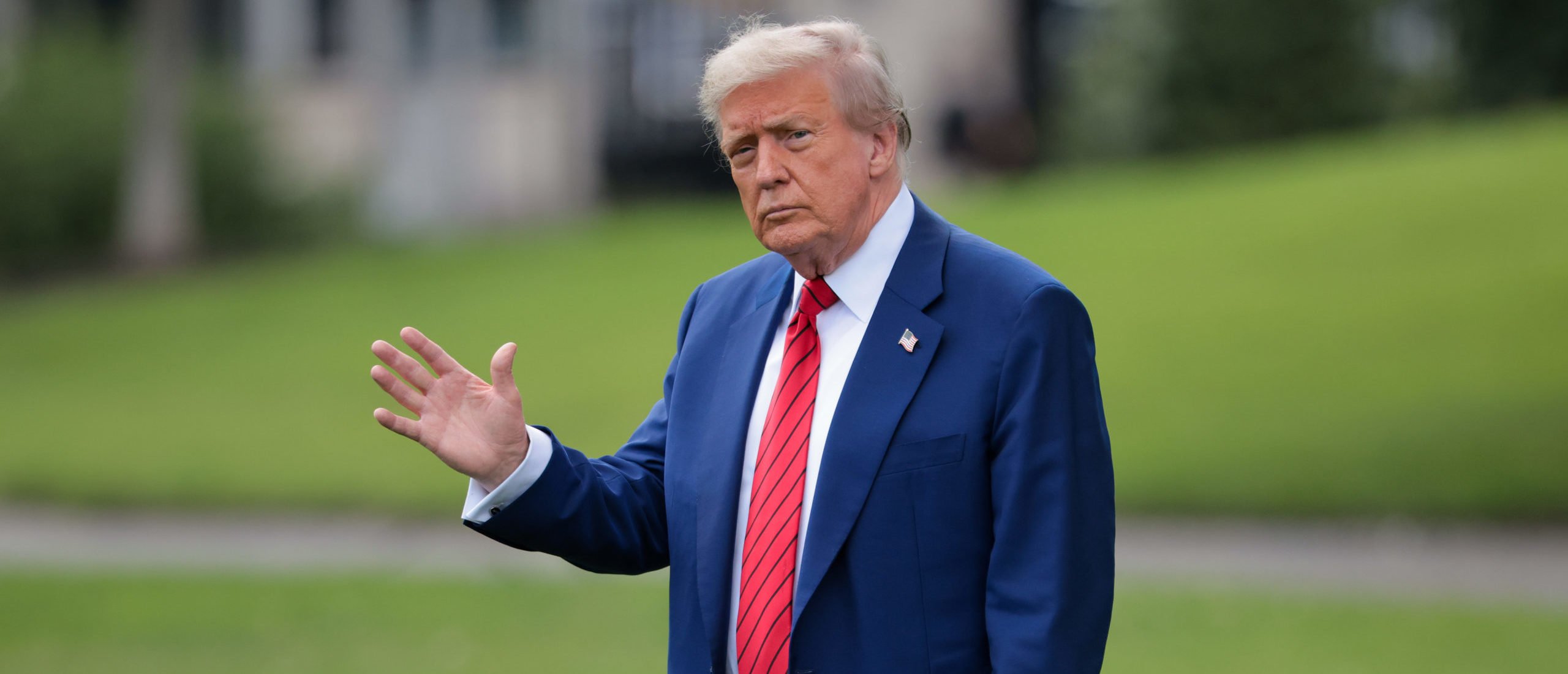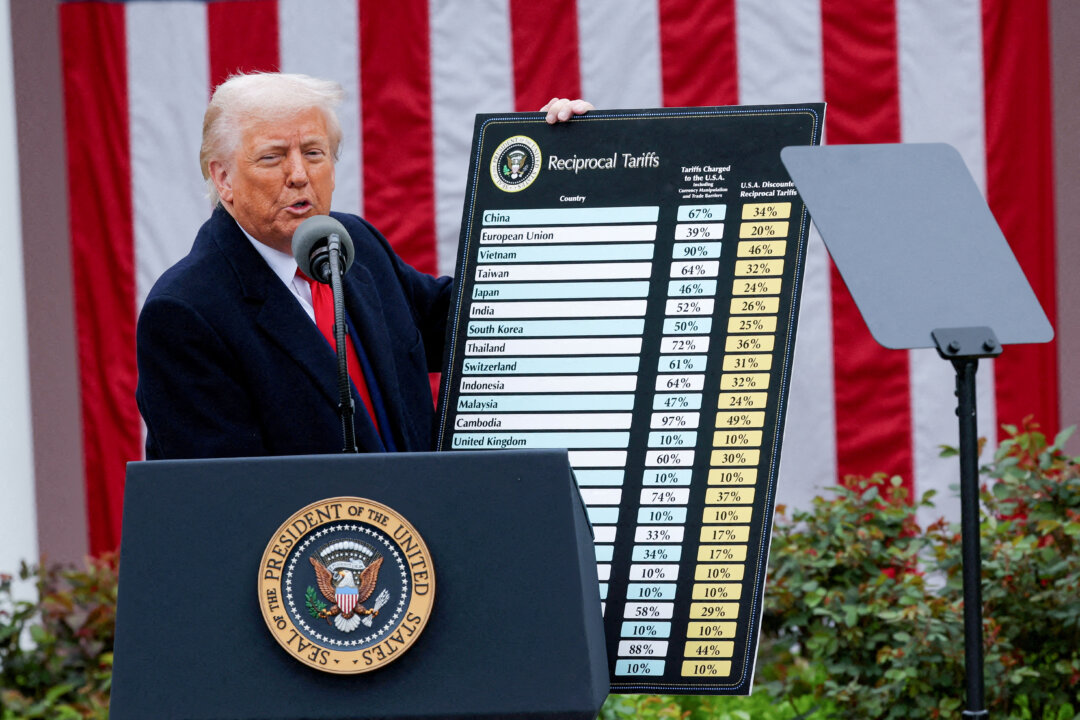President Donald Trump recently issued a stern warning to Kentucky Republican Rep. Thomas Massie in response to his criticism of the White House’s military actions in Iran. Trump announced via Truth Social that the U.S. had conducted strikes on Iran’s nuclear sites, including Natanz, Esfahan, and Fordow. In response, Rep. Massie expressed his dissent through a series of tweets, questioning the constitutionality of Trump’s actions.
The president was quick to respond, taking to Truth Social to declare that he would work to unseat Massie in the upcoming primary. Trump stated, “Congressman Thomas Massie of Kentucky is not MAGA, even though he likes to say he is. Actually, MAGA doesn’t want him, doesn’t know him, and doesn’t respect him.”
Trump’s criticism of Massie extended beyond the congressman’s opposition to the Iran strike. The president accused Massie of being a “grandstander” who, according to Trump, believes that Iran should possess nuclear weapons while simultaneously threatening the United States. These remarks align with Trump’s broader strategy to maintain a strong stance on national security.
Massie, known for his independent streak, had previously teamed up with Democratic Rep. Ro Khanna to introduce a resolution aimed at preventing unauthorized military actions against Iran. This move added fuel to the ongoing tension between Massie and the Trump administration. Trump has vowed to support a challenger against Massie, describing the prospective candidate as an “American Patriot.”
Adding to the pressure, White House Deputy Chief of Staff James Blair echoed Trump’s sentiments, hinting at the end of Massie’s tenure in Congress. Blair’s comments were brief but pointed, reinforcing the administration’s commitment to replacing Massie with a more loyal Republican. Reports indicate that Trump’s political team has already started mobilizing efforts to unseat the congressman.
Despite facing opposition from Trump, Massie has consistently defended his position in Congress, having successfully warded off primary challengers in past elections. He remains confident in his support base, particularly in central Kentucky, where he claims to have strong backing. Massie has publicly questioned the president’s approach, particularly regarding the decision not to call Congress back from vacation for a vote on military action.
Beyond this recent clash, Massie has a history of challenging elements of Trump’s agenda. He notably opposed the president’s “Big Beautiful Bill,” citing concerns over its impact on the national deficit and the absence of federal spending cuts. Additionally, Massie was one of only two Republicans to vote against a revenge porn bill championed by First Lady Melania Trump, warning of potential abuses and unintended consequences.
Massie’s resistance to the administration’s initiatives has not gone unnoticed, and he remains a polarizing figure within the Republican Party. Despite his disagreements with Trump, Massie has maintained his stance, arguing that independent polling reflects his strong support among constituents. He continues to caution against political consultants who might mislead potential challengers.
As Trump intensifies his efforts to replace Massie, the congressman remains undeterred, emphasizing the importance of principled leadership and constitutional adherence. Massie’s willingness to break ranks with his party on key issues underscores his commitment to his beliefs, even in the face of significant political pressure.
The ongoing conflict between Trump and Massie highlights the broader ideological divides within the Republican Party. It reflects the tension between loyalty to the party’s leadership and adherence to conservative principles. While Trump seeks to consolidate support among MAGA loyalists, Massie represents a faction of Republicans who prioritize constitutional conservatism.
This political drama serves as a reminder of the complexities within party dynamics and the challenges of navigating ideological differences. As the situation unfolds, it remains to be seen how Massie will fare in the face of mounting pressure from the Trump camp. The outcome of this intra-party struggle could have significant implications for the broader political landscape.
Massie’s resolve in the face of opposition demonstrates the enduring nature of intra-party debates in American politics. Such disputes often revolve around fundamental questions of governance, national security, and individual rights. As the 2025 election cycle approaches, the Republican Party will continue to grapple with these issues, shaping its identity and future direction.
The Trump-Massie conflict encapsulates the ongoing struggle within the GOP to balance party unity with ideological diversity. It underscores the challenges of maintaining a cohesive party platform while accommodating differing perspectives on critical issues. How the party navigates these internal conflicts will ultimately influence its ability to effectively govern and appeal to voters.



